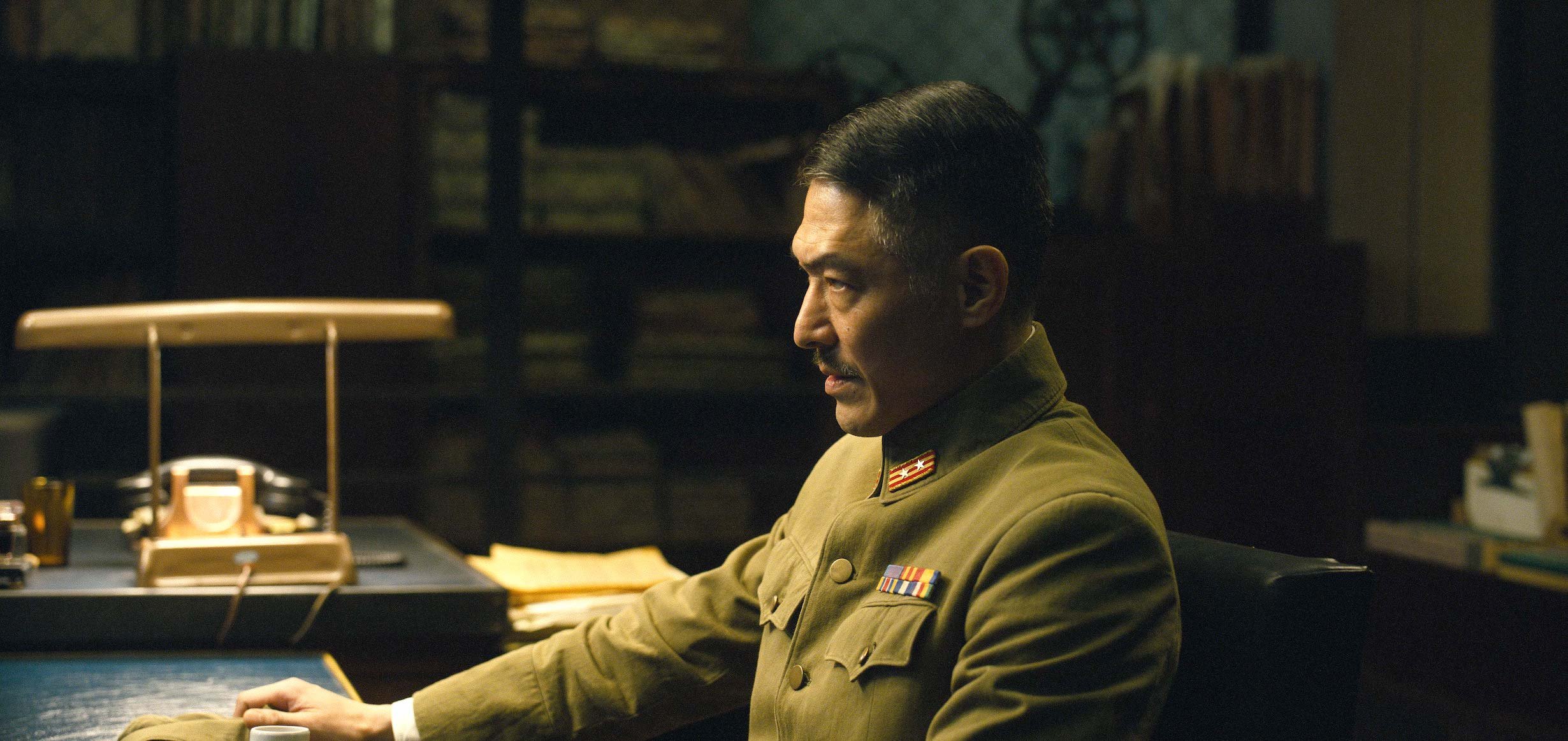‘Blade’ of Glory
Style and messaging trump story and theme in Cheng Er’s gorgeous wartime spy thriller romance.
Hidden Blade
Director: Cheng Er • Writer: Cheng Er
Starring: Tony Leung, Wang Yibo, Dong Chengpeng, Huang Lei, Zhou Xun, Eric Wang
China • 2hrs 12mins
Opens Hong Kong March 9 • IIB
Grade: B-
Writer, director and cinematographer Cheng Er’s Hidden Blade | 無名 is, if nothing else, a stellar demonstration of period mood. Set in the Shanghai of the 1940s, a city teeming with spies, traitors, collaborators and heroes willing to commit heinous crimes to cover their tracks, protect their country or, naturally, the love of their lives, Hidden Blade is all menacing hard angles and murky corners; light and shadow are portents of something grim waiting in the wings as well of personal quagmire. It’s lush and atmospheric and visually recalls some of the best romantic spy dramas every made – from Casablanca (the gold standard) to Lust, Caution. And the thing is, Hidden Blade is a romance. On the surface the focus is on the collaborators working in Wang Jingwei’s Japanese-backed regime, but scratch that surface and you get girthy threads about a traitor, his former fiancée, the jealous colleague, a high ranking security officer and the wife he’s unable to be with.
Notably, Hidden Blade is the third in production house Bona Film Group’s Victory Trilogy, produced as a many, many hundreds of millions US dollars “gift to the Communist Party for its centenary.” The first pic was Chinese Doctors, which documented the early days of China’s “conquest” of the ’Rona, and the second was the Korean war drama with no Koreans, The Battle at Lake Changjin. Based on that you can most likely guess what the messaging is going to be.
The story starts in 1938 and the bombing of Guangzhou (shot in beautiful near-monochrome), which He (Tony Leung Chiu-wai) survives to take up the job as security director in Shanghai under Minister Tang (Dong Chengpeng), himself working under the ambitious Japanese overlord Watanabe (Hiroyuki Mori). He’s crew of anti-communist agents includes the icy Ye (pop star and moto-racer Wang Yibo, dead-eyed) and the vaguely psychotic Wang (Eric Wang Chuanjun). We first see He get to work on a one-time collaborator turned informant, Zhang (Huang Lei) some time in, I want to say, 1944, which is the tip of a twisty, winding conspiracy loaded with the requisite double crosses, secrets and lies that make wartime spy thrillers so compelling.
Hidden Blade is a major step up for Cheng and from his last film, the appropriately monikered The Wasted Times. And though you’d think trouble would start with the shifting timelines – ’38 Guangzhou, ’40s Shanghai, post-war Hong Kong, Pearl Harbor and the Japanese surrender looming but always moving around within the narrative – but Cheng corrals those and keeps the momentum going forward. No, the trouble starts when it become obvious the film is all about those surfaces, and will be a series of static shots of Leung and Wang and Mori donning perfect fedoras on impeccably appointed ’40s detailed sets, sitting around talking. There’s a lot of sitting in Hidden Blade.
Because Cheng is so committed to his surfaces, the film is ultimately hollow where it should be overflowing with ideas and themes. It’s about wartime collaborators. Why is there no examination of the moral, psychological and emotional implications of sleeping with the enemy? How does that impact a collaborator? Who gets to decide they were wrong if lives were saved? Were lives saved? Whose lives? It’s a dense and thorny subject that, ironically, Cheng makes utterly moot in the closing frames.
Now, I know what you’re thinking. Where’s the romance part? The only women to appear in Hidden Blade are Zhang Jingyi as Ye’s old flame Fang and Jiang Xuying as a spy who tries to kill the Minister. They exist purely to be murdered. Only Zhou Xun as informant Miss Chen survives the war. Barely. That all seems to fly in the face of the hard-won triumphant tone the film strikes, but it does fall in line with its biggest flaw. In the drive to deliver the right message, a more nuanced story gets lost in the shuffle, and a much more engaging film is sacrificed, leaving the final product less than the sum of its gorgeous parts. — DEK



